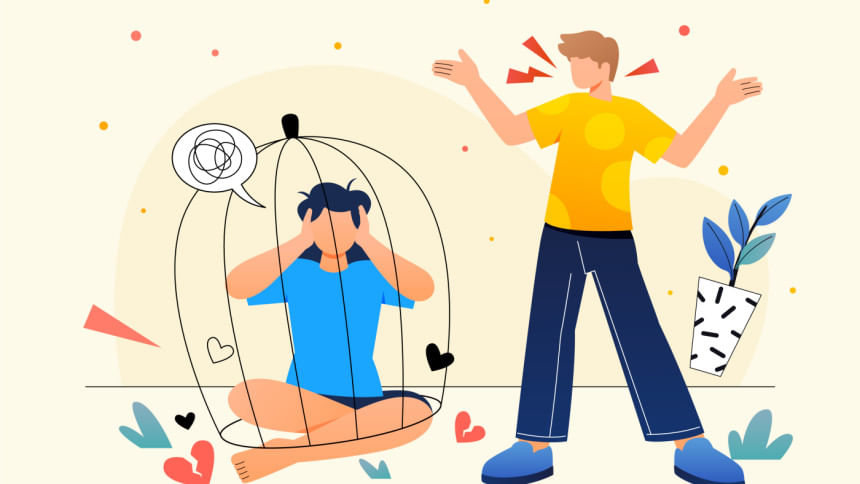How I overcame shyness

The other day at a meeting, I stood in the doorway, enthusiastically greeting participants. "Welcome! How are you doing? It's great to see you here!" My fellow greeter stood quietly next to me. Later, I mentioned to a colleague that others in our group had agreed to be greeters as well.
When I informed her that I had been painfully shy as a child and young adult, she stared at me in disbelief. I often get that reaction. How could someone formerly so shy have become so much of a people person?
We (or at least I) could argue all day about which aspects of personality are immutable and which are most susceptible to change. If we don't like certain aspects of who we are, are we forced just to accept them, or can we change our personality? Certainly, limits exist as to what we can achieve, but I would argue that much of what we admire in others is, at least to some degree, achievable.
In the many hundreds of applications, mostly from women, that I have received for online and in-person internships at the Institute of Wellbeing, I often see would-be interns requesting the opportunity because they wish to gain skills in public speaking and become more confident. Women, particularly though not exclusively in Asia, are taught to be gentle and quiet. Assertive women are considered aggressive; those who stand up for themselves may be called overbearing. It is difficult to break habits inculcated through a lifetime of explicit messages about the meaning of femininity.
On the other hand, are we happy with staying in the background, being embarrassed to express our views, so soft-spoken that we are often overlooked and ignored? Women possess valuable opinions. Women have rights that we need to defend. However well-meaning those who teach us to be soft-spoken may be, that quality can cause extreme harm. Fortunately, as I have suggested, we can change.
My own battle with shyness was not brief. Various friends encouraged me along the way. I discovered the merits of spending time with those typically ignored by society and in need of good cheer, be they the homeless or the hospitalised. Seeing how such people valued my company, I learned that my company could be valuable. I befriended those with even fewer social skills than I possessed. I took risks living in foreign countries where people did not speak English and appreciated my efforts at learning their language. Most of all, I refused to remain the way I had been for a good two decades or more; I was determined to change, and I did.
Admittedly, some would say I went a bit too far. I am relearning the important art of listening. I try to tame my instincts to take over, to dominate conversations, to assert myself even where I could more appropriately stay in the background. It helps to remember that learning should be lifelong and that there is always room to be a better person.
Improving ourselves requires work. It can take years. It is easier when we have friends or family members who encourage and support us. But difficult does not mean impossible, and trust me, the rewards of getting closer to what we aspire to are well worth the effort we will expend.
Debra Efroymson is executive director at the Institute of Wellbeing Bangladesh and author of 'Life Lessons with Bianca: Overcoming Shyness, Dealing with Procrastination, and Other Helpful Advice.'
Views expressed in this article are the author's own.
Follow The Daily Star Opinion on Facebook for the latest opinions, commentaries and analyses by experts and professionals. To contribute your article or letter to The Daily Star Opinion, see our guidelines for submission.

 For all latest news, follow The Daily Star's Google News channel.
For all latest news, follow The Daily Star's Google News channel. 









Comments